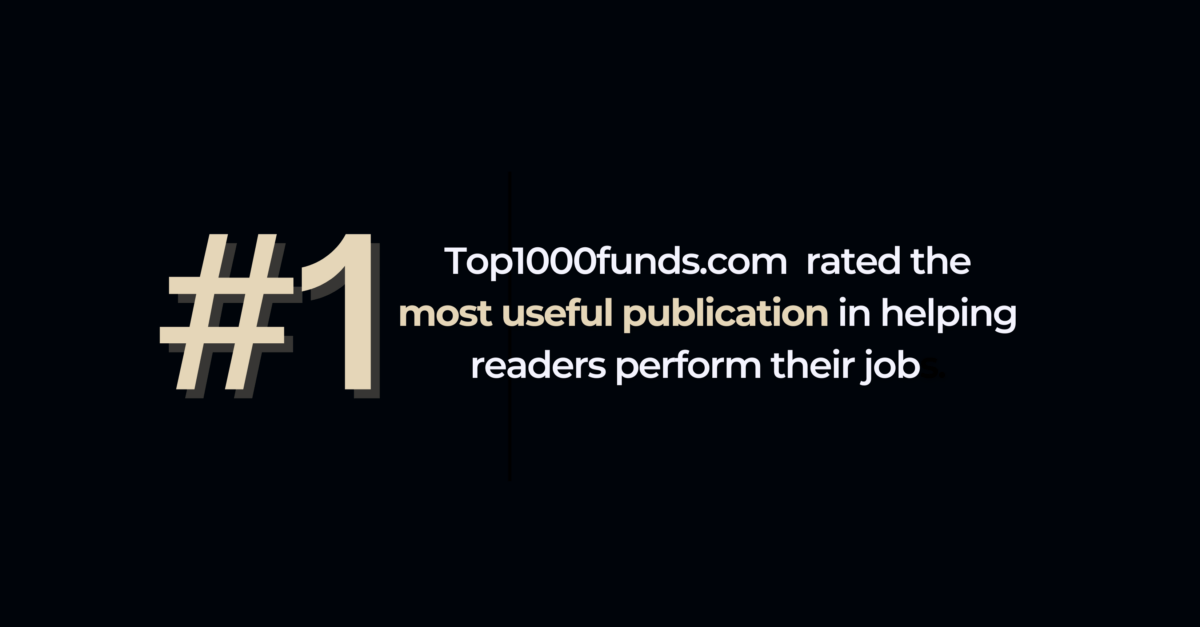Alex Khosla, portfolio manager in the emerging markets and Asia equities team at Newton Investment Management, said emerging markets cover a heterogeneous group of countries where four in every five people live today, accounting for about half of global GDP despite being serviced by about 10 per cent of equity allocations in the world.
There are also compelling reasons for sustainability-focussed investors to be in emerging markets, Khosla said. “Two-thirds of the world’s investment needs for a sustainable future, according to the UN, need to happen in developing countries,” he said.
Speaking with Conexus Financial managing editor Julia Newbould on podcast series Market Narratives, Khosla said Newton begins its search for emerging markets investments by looking at companies and asking three questions: What need is the company addressing? Is the company providing a new or innovative solution to that problem? Can you feel alignment, integrity and competence among the people running it?
Newton looks broadly at the industry and its relevance to the country and the region, asking questions like whether the company is investing capital in a way that will lower pricing to consumers, provide a particularly innovative solution or reach a new group.
This could include looking at whether offerings such as food or medicine or travel are a particularly pressing need in the targeted markets. Is the country facing problems with financial under-penetration? Are there negative externalities a venture, such as water intensity or biodiversity risks, and do they outweigh the benefits of the project? Is the company leading or lagging its industry in addressing these problems?
Newton also has well-resourced teams looking more broadly at things like geopolitical risks and their potential impact on different asset classes, leading the group to avoid or be particularly wary about investments in some countries or regions.
“Where you have weak institutions, that can result in things like kleptocracy and things like war, they’re often not great environments for businesses that are looking to try and sustainably solve and address needs in a society,” Khosla said.
Looking at management purpose involves analysing the alignment, integrity and competence of the people at the company, which helps ensure the company stays focussed on sustainable growth.
“Assessing management purpose is very hard, and it’s very qualitative but we do think it’s critical,” Khosla said. “We also think it’s why it’s important to have a team of investors that are trained across a wide degree of skill sets because some of these more qualitative things are difficult for investors trained to build spreadsheets.”
As an example of differentiating companies based on management, Khosla pointed to the solar industry which is increasingly important for renewable energy, and also increasingly crowded. But among the myriad companies in this space, it is a smaller number that are truly committed to innovating to reduce the cost curve, he said.
“Some companies are just there to empire build, and some companies are more interested in scale for scale’s sake, rather than really identifying where they can improve the industry’s cost profile by doing specific things around innovation,” Khosla said.
There are also examples of emerging markets companies “where the owners or the management of that company really found themselves in that industry because of some sort of patronage or some sort of link to a government that wasn’t because of their competence, it was because of other things,” Khosla said. “And we tend to believe that in the very long run those businesses are more likely to be found out.”
Differentiating between companies can be harder in some emerging markets, with limited data or limited voting posing difficulties for sustainability in particular. But these obstacles aren’t insurmountable, Khosla said.
“We do think there’s enough data now to–as long as you work hard and you keep plugging away–to start really trying to track company progress on whether they’re delivering…those sustainability goals.”
Active engagement on sustainability issues can also help drive emerging markets companies in a positive direction, he said, and also gives the investor the chance to analyse the management’s response.



